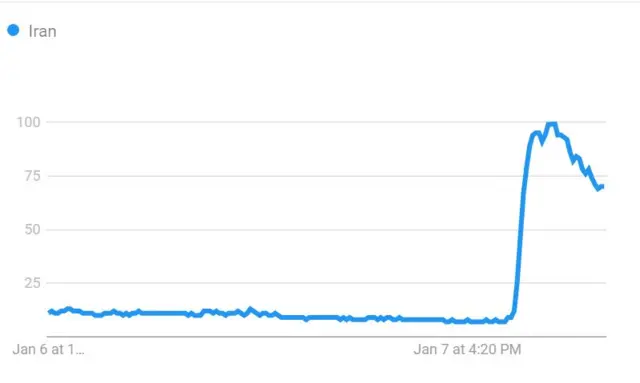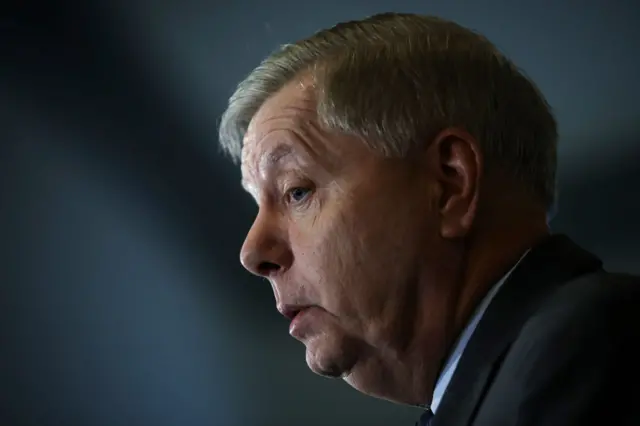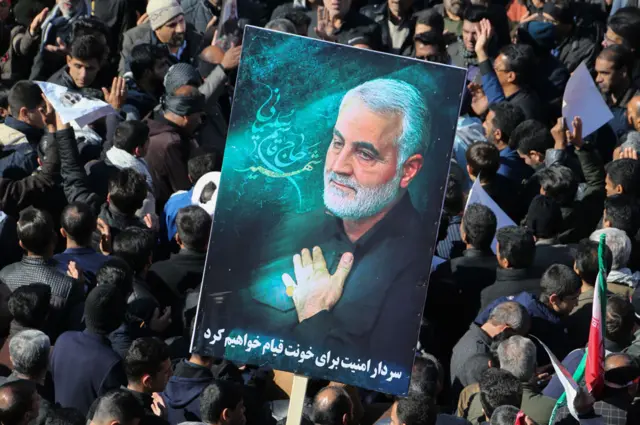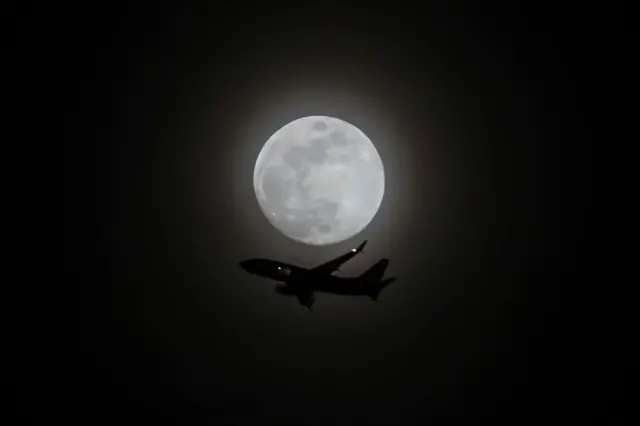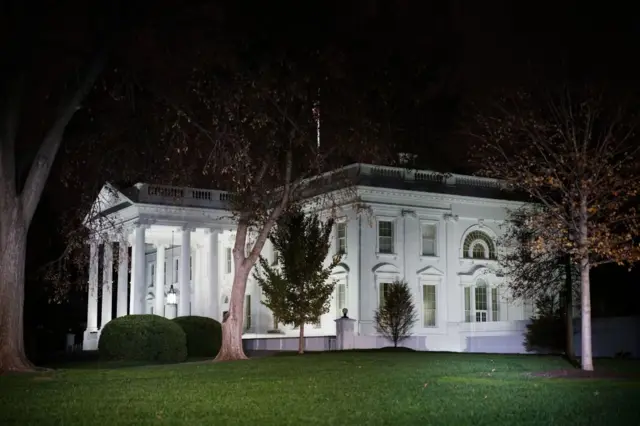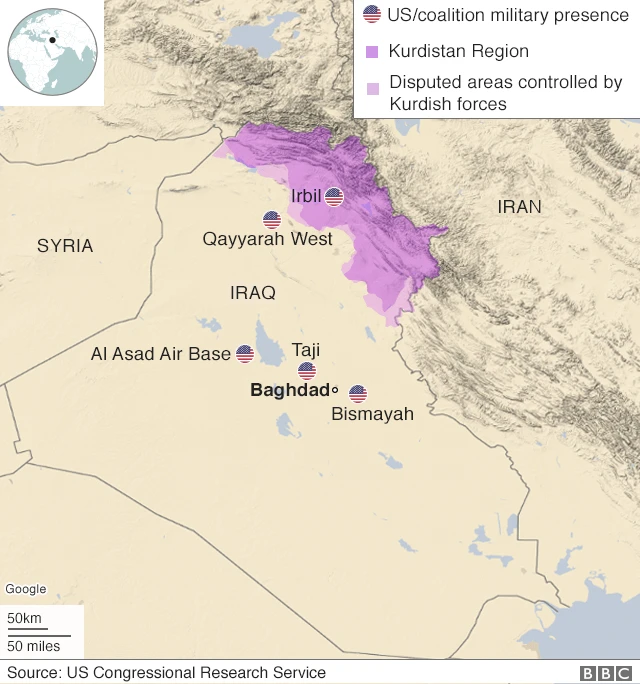De-escalation or Act One?published at 03:59 GMT 8 January 2020
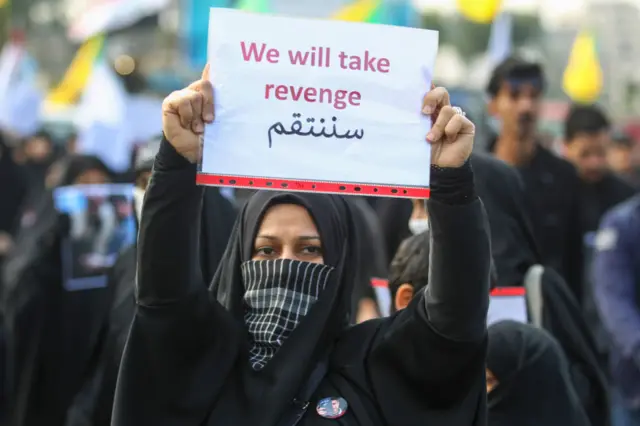 Image source, AHMAD AL-RUBAYE/AFP via Getty Images
Image source, AHMAD AL-RUBAYE/AFP via Getty ImagesAn Iraqi woman holds a placard during the funeral of Iranian military commander Qasem Soleimani
There's been a lot of talk of de-escalation after President Trump and Iran's foreign minister each seemed to indicate they sought an off-ramp from the mounting conflict.
But some commentators are more sceptical.
In a series of tweets, external Yashar Ali - a US journalist of Iranian descent - said it was "naive" to think tonight's attack was the last of Iran's retaliation.
"The Iranian government has always operated on its own timeline," Ali wrote. "If you think Iran lobbing missiles over the border is the kind of revenge they ultimately have in mind, you're wrong."
"The Iranian gov sees revenge as almost a generational thing... their timeline can be in months/years," he said, listing examples of delayed or unexpected retaliation by Iran.
As Ali notes, the US and Iran share a long, and complicated history stretching back more than 65 years, from the CIA-orchestrated overthrow of Iran's prime minister in 1953, to tension and confrontation under President Trump.
Read more about the history of US-Iran relations here.
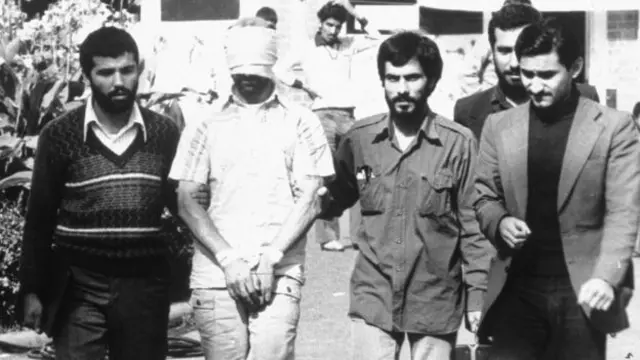 Image source, Getty Images
Image source, Getty ImagesAn image from the US Embassy hostage crisis, which lasted from 1979-1981
